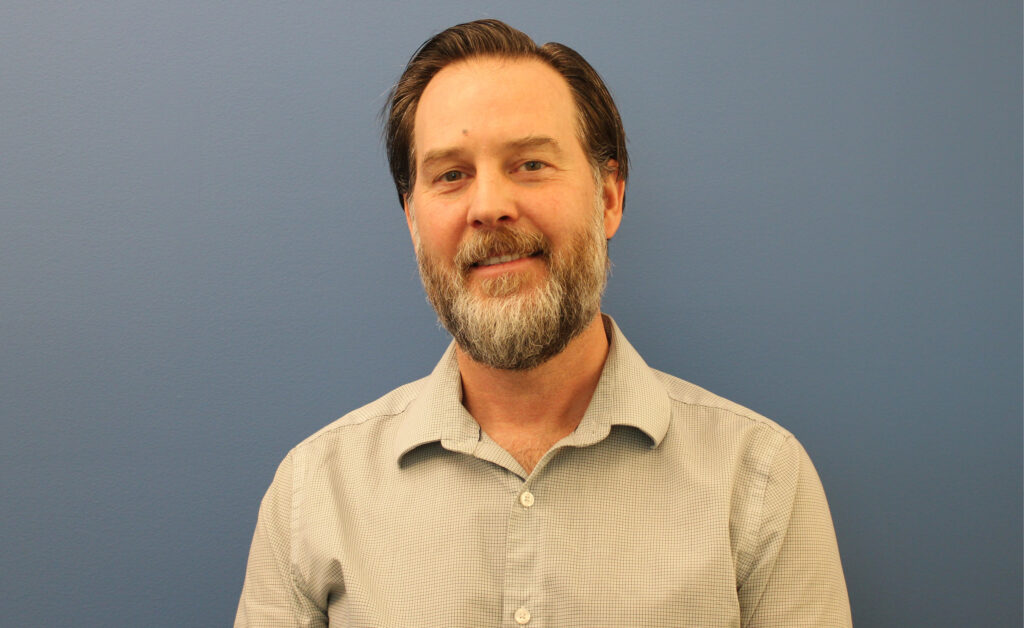by Edward Storzer, Audiologist, Island Deaf and Hard of Hearing Centre –
Living your best life includes many aspects of healthy lifestyle choices, and maintaining good hearing health is an area that is often overlooked, but of critical importance to our overall mental health and physical and social well-being.
Some Data About Hearing Loss
• The Canadian Health Measures Survey (2019) revealed 78% of adults aged 60 to 79 experienced hearing loss and 40% of adults aged 40 to 59 had hearing loss in one or both ears.
• Hearing loss consistently ranks among the top five causes of years lived with a disability.
• The diminished ability to process acoustic information can impede communication.
Studies have shown the social and health consequences related to diminished hearing, include embarrassment, fatigue, anxiety, depression and distress; social isolation and participation restrictions; mobility issues, falls and other injuries; lower quality of life; association with increased risk of cognitive decline.
Given the consequences of hearing loss, early recognition, detection and intervention are important. This should include regular hearing assessments and remedial support as early as possible. Because hearing loss can be gradual and happen over time, we may not even recognize that our hearing is diminishing. Like having your vision tested every few years, making hearing tests a regular part of your health practice is recommended.
Living your best life with hearing loss can be challenging and communication is a critical part of success. Some of the things to think about when navigating your journey:
• It is important to maintain good communication practices to reduce isolation and stay connected with family and friends, maintaining activities and social circles.
• Look for a full service hearing clinic with registered audiologists that you feel comfortable with – just like your doctor you want someone who is with you on your health path.
• If you can find a clinic that will access more than one hearing aid manufacturer, you and your audiologist can find the best product for your specific hearing needs.
• Your brain needs time to adapt to hearing again – this is not plug and play! Be realistic in your expectations and give yourself – and your brain – time to get used to your new world.
• Along with hearing aids there are many assistive technologies (phones, TV listening and alerting systems and more) that can assist in daily life – don’t be afraid to try some.
• Find support groups or conversation with others on the same journey. Having shared experiences and learning from others can be rewarding and also reduce the feeling of isolation – you are not on this journey alone!
• Take the opportunity to attend workshops or sessions about anything hearing related – the more you know, the more power and knowledge you have to develop skills and strategies for improved communication.
For more information visit www.idhhc.ca or call 250-592-8144.




